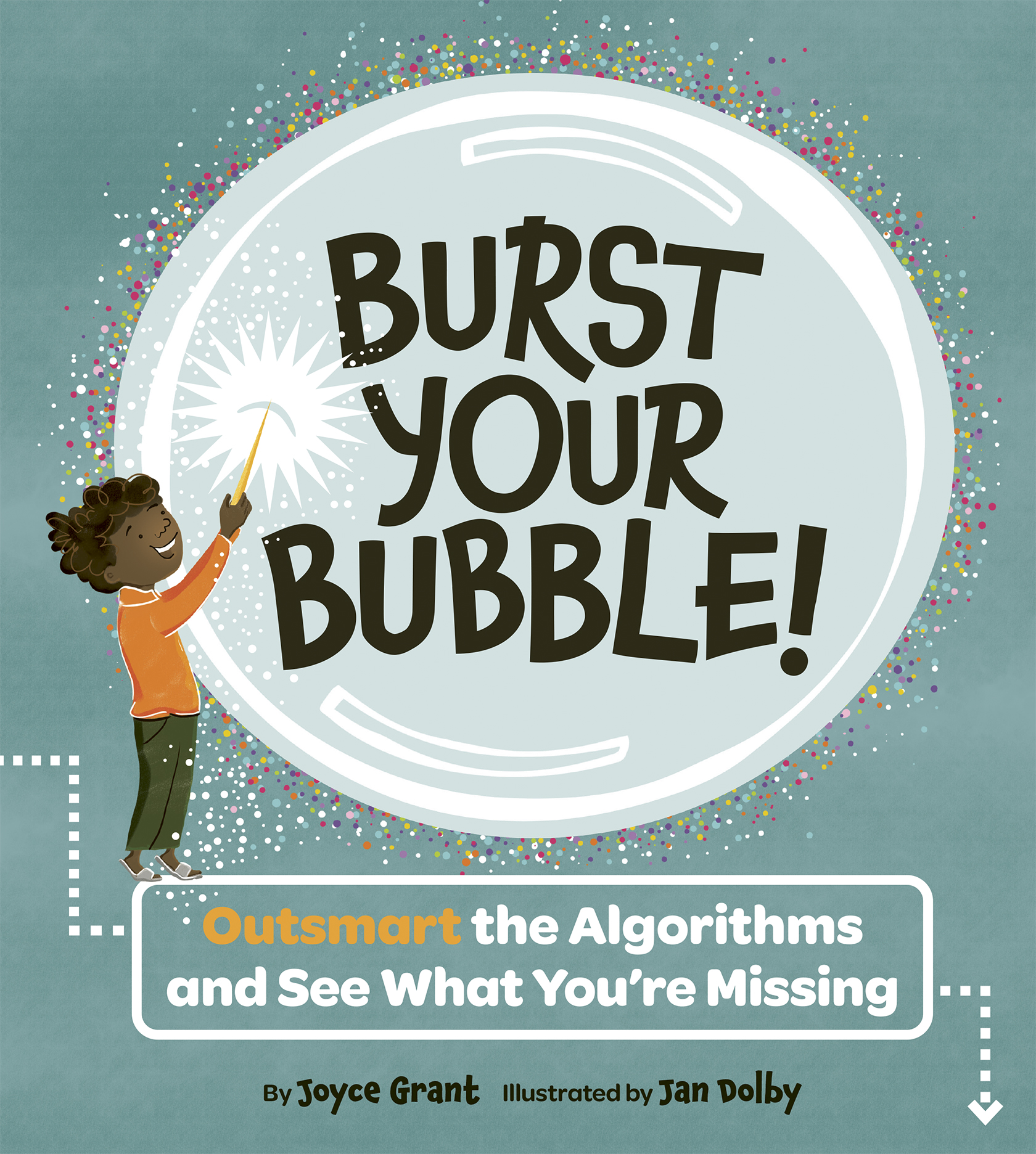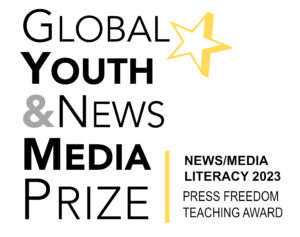The Cassini space probe’s 20-year mission to Saturn is over. On September 15, at 4:55 a.m. Eastern Time on Earth, the spacecraft entered the atmosphere around Saturn. Moments later, it was destroyed. Cassini was launched in 1997. It had been […]
Science
Large Storms Affecting Caribbean, US
Everyone is talking about Harvey, Irma, Jose and Katia.
They are the names of very large storms, affecting the area around the Caribbean*, Mexico and the southern United States.
Hurricanes are given names, like “Irma” to make it easier to refer to them.
People in these areas are used to dealing with storms. But these storms are much larger than normal. They have very high winds—up to 120 kilometres an hour—with lots of rain that can flood people’s houses and force them to leave the area. (In this case, leaving your home is known as “evacuating.”) In Florida, more than 6.4 million people have been told to evacuate before Irma gets there, according to a report from CBC News.
Cassini Spacecraft Begins Last Stage Of 20-Year Mission
In October 1997, a spacecraft called the Cassini orbiter was launched on a mission to explore Saturn and its moons.
Now, after nearly 20 years in space, Cassini’s mission is coming to an end. Cassini is running out of fuel. Scientists expect it to burn up in Saturn’s atmosphere in September.
But before that happens, the spacecraft will make a series of dives between Saturn and its rings, sending photographs and other information back to Earth.
Researchers Pay People To Stay In Bed
Getting paid to stay in bed all day sounds pretty good. But what if someone offered you $23,000 to stay in bed for two months? That’s the deal that a medical research team in Toulouse, France, is offering to 24 volunteers.
Researchers at MEDES, the Institute of Space Medicine and Physiology, are looking for volunteers to help them study the effects of weightlessness on the human body by spending 60 days lying down. Lying in bed isn’t exactly the same as being weightless, but the effects on the human body are similar.
A Different View Of The World
Students at public schools in Boston, Massachusetts, will soon be looking at the world in a new way. Social studies teachers there will be using a new type of map that shows the world’s continents in slightly different sizes and positions than we usually see them.
Toronto Cafe Offers More Than Coffee (UPDATED)
Coco, Latte and Leo are hanging out at a cafe in Toronto. But they’re not humans–they’re cats. Meow Cat Cafe is one of four locations in the Canadian city where cat lovers can indulge in two of their favourite things: drinking coffee and playing with cats.
“Petting the cats is very healing. It calms people,” said Erica Yun, the owner of the cafe.
While Yun and her daughter, Helen, serve up coffee, customers get their feline fix.
Scientists Working To Save Arctic Ice Cap
A team of scientists has come up with a plan they say could help rebuild the Arctic ice cap. The ice cap is a huge area of sea ice that covers most of the Arctic Ocean all year round.
Usually, the sea ice gets thicker and spreads further each winter, but this hasn’t happened for the past few years.
Last month, the ice cap had shrunk to its smallest size since scientists began keeping records of it 38 years ago. The weather in the Arctic has been unusually warm this winter. Some days, temperatures have been 20 degrees Celsius higher than is normal for this time of year. This month, the temperature was above 0°C at least one day.
NASA Discovery: 7 Earth-Sized Planets
Scientists from NASA announced on February 22 that they have discovered seven planets orbiting a nearby star. The planets are all about the same size as Earth, and three of them are in what scientists call the “habitable zone.”
(The habitable zone is the area of space around a star where a planet is most likely to have liquid water on its surface. Scientists believe water is necessary for anything to live on a planet.)
Canada’s New National Bird?
Will the gray jay be Canada’s new national bird?
The Royal Canadian Geographical Society (RCGS) thinks the gray jay should be named the national bird of Canada. It is hoping the federal government will make it official in time for the country’s 150th birthday in 2017.
Astronauts Will Turn Trash Into Tools
Astronauts on the International Space Station (ISS) may soon be able to turn their used forks and knives into tools and satellite parts.
Tethers Unlimited Inc., an aerospace technology company, has developed a system that combines a waste recycling machine with a 3D printer.
Astronauts will put waste items made of plastic into the recycling machine, called the Positrusion Recycler. When they press a button, the Recycler will sterilize and melt down the plastic and turn it into 3D filament.








